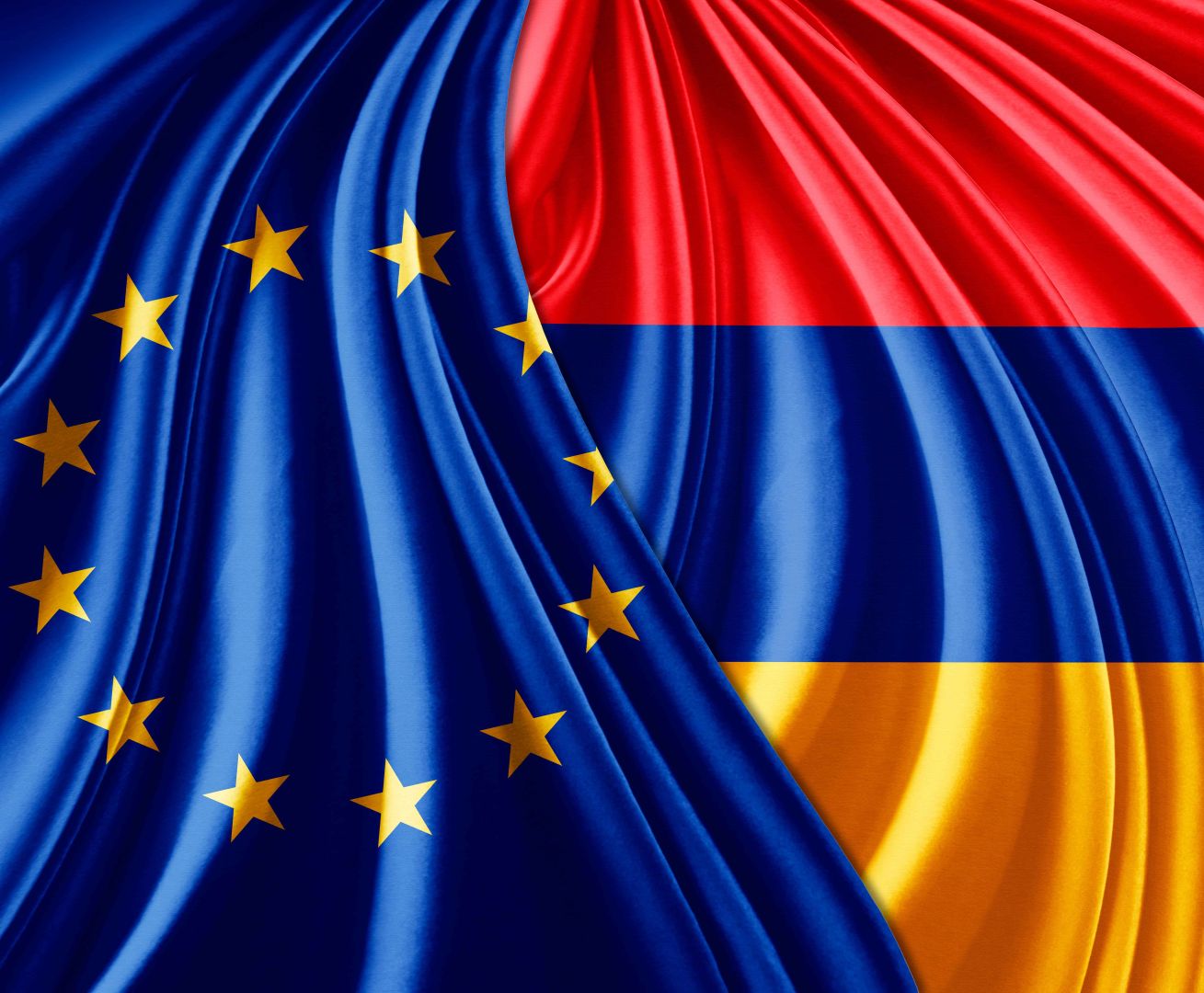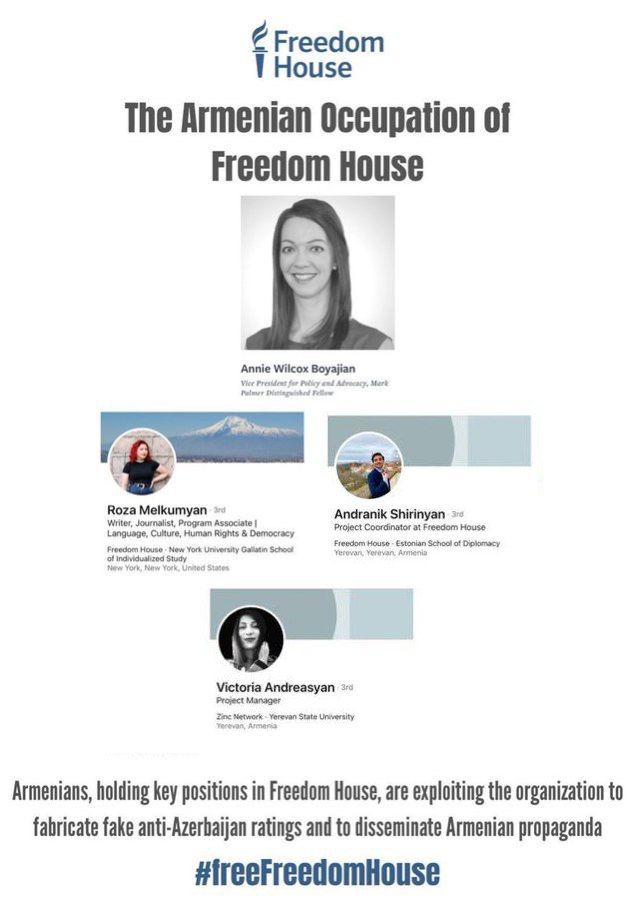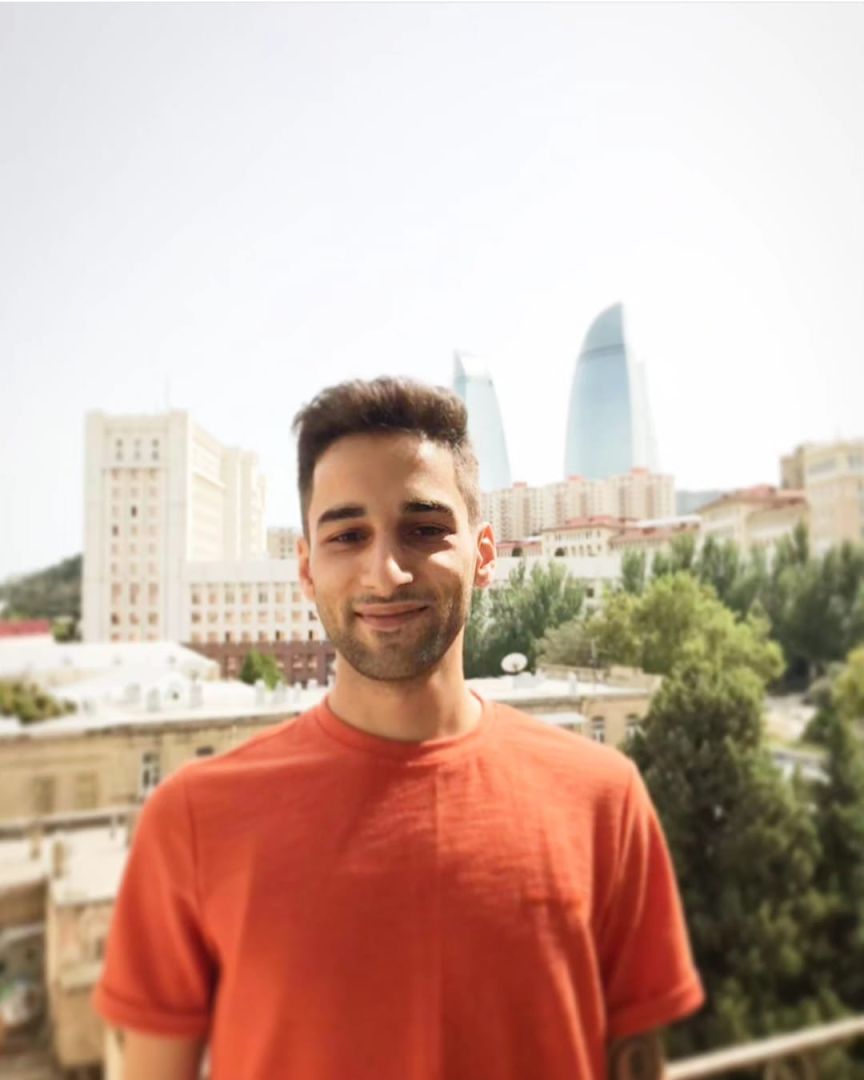Some western organisations can't quit anti-Azerbaijan propaganda

An important step towards peace was taken several days ago, where border delimitation issues were discussed at the Gazakh-Ijavan border between Armenia and Azerbaijan. On November 21, the Armenian Foreign Ministry reacted to the statement of the Azerbaijani Foreign Ministry and stated that Yerevan is ready to participate in the normalisation of relations with Azerbaijan, as well as the establishment of peace and stability in the South Caucasus. Deputy Prime Ministers of the two countries, Shahin Mustafayev and Mher Grigoryan discussed issues where, in the case of positive results, a new peaceful stage is expected to be laid in relations between Azerbaijan and Armenia.
While Azerbaijan and Armenia are working to establish peace in the region between each other, Yerevan continues to move closer to the European Union, whereas it has become known that the EU is planning to increase the mission of observers and patrols on Armenia's borders with Azerbaijan. We have already witnessed the double standards of European organisations towards Azerbaijan for justice in the Garabagh region. While some officials from EU and UN organisations say they are committed to the peace process between Armenia and Azerbaijan, there are also parties who try to add fuel to the fire, in the form of France, Canada, Lithuania, and other countries under the wing of the Union.
With an Armenian diaspora around the world, Yerevan has enlisted the support of forces that wish to establish themselves in the South Caucasus through the Armenian Open Gate, with wide access to Russia, Iran, and the Middle East. Most Western pro-Armenian institutions continue to propagate hatred towards Azerbaijan and its people, and often amongst these institutions are managers and executives of Armenian origin, who consequently strengthen their love of propagating anti-Azerbaijani statements.

Take up Freedom House, which conducts anti-Azerbaijani research, for example. An organisation chart of Freedom House has been circulated on the internet recently. The vice president in charge of policy and the defence of rights, Annie Wilcox-Boyajan, curator of projects "for the development of democratic culture," Roza Melkumyan, project manager Andranik Shirinyan, and Victoria Andrksyan and so on. Thus it is obvious why this organization makes groundless statements against Azerbaijan.
Remembering how France came forward to arm Armenia under the guise of "defence," now the EU is already deciding to allocate half a billion euros, which implies a move away from Russia. The visit of the European delegation to Armenia ended quite expectantly with the announcement of a new multi-million-dollar aid package. It was announced that the EU will allocate 500 million euros of "investments" to Armenia within the framework of a certain "economic and investment plan." Under what plan and what kind of investments are we talking about? It is not clear yet. What is important is that, in parallel, the EU will consider the possibility of supporting the Armenian Armed Forces.
The implementation of this support will come from the European Peace Fund, which was created to finance the Ukrainian army. Knowing that many countries "support" Ukraine in the war with Russia, at the moment they have chosen the way of regrouping their forces for more "necessary things". Western countries and alliances, as well as the United States, are discussing the further outcome of the events in the war between Ukraine and Russia, where, in the end, the way was chosen: to stop supplying weapons to the Ukrainian side under the guise of "we are for peace."
Now that the picture is becoming clearer, it is easier to see the initiatives and desires of the EU in financing the militarisation of Armenia. The European Union decided to invest half a billion euros in Armenia, where this may be a handout to keep Yerevan from leaving Russia in the future or in good time. EU funding of the Armenian Armed Forces is money for the purchase of Western weapons (not without French help) and equipment instead of Russian weapons.
France, now the EU, and there may be other "clan brothers" of the Crusaders getting involved in this category. Why did the EU choose Armenia? It is known that representatives of the Armenian and British Defence Ministries in London signed a programme of Armenian-British cooperation in the sphere of defence for 2023-2024.
On the other hand, India and Iran at one time made decisions to supply and pass military equipment for Armenia through their borders, but soon things failed for them as the Garabagh issue was closed.
Maybe this is a help to Yerevan?
One day before London and Yerevan signed the cooperation, the former accused Iran of destabilising the Middle East, stating that "Iran is an unacceptable threat to the region through its destabilising activities and support for proxies in the region, including Hamas, Hizbullah, and Palestinian Islamic Jihad". Many dare to "help" Yerevan, and it is not yet known for what ambitions.
Based on the information, we can assume the desire of Western structures to freeze or at least move forward with the signing of a peace treaty between Azerbaijan and Armenia for some time. Armenia has the right to increase its defence industry, but this is acceptable when relations in the region are well established and the West is not standing at the open gate. At the moment, Yerevan wants to sow seeds, but the seeds are spoiled.
---
Abbas Ganbay is AzerNews’ staff journalist, follow him on Twitter: @Noend33
Follow us on Twitter @AzerNewsAz
Here we are to serve you with news right now. It does not cost much, but worth your attention.
Choose to support open, independent, quality journalism and subscribe on a monthly basis.
By subscribing to our online newspaper, you can have full digital access to all news, analysis, and much more.
You can also follow AzerNEWS on Twitter @AzerNewsAz or Facebook @AzerNewsNewspaper
Thank you!

